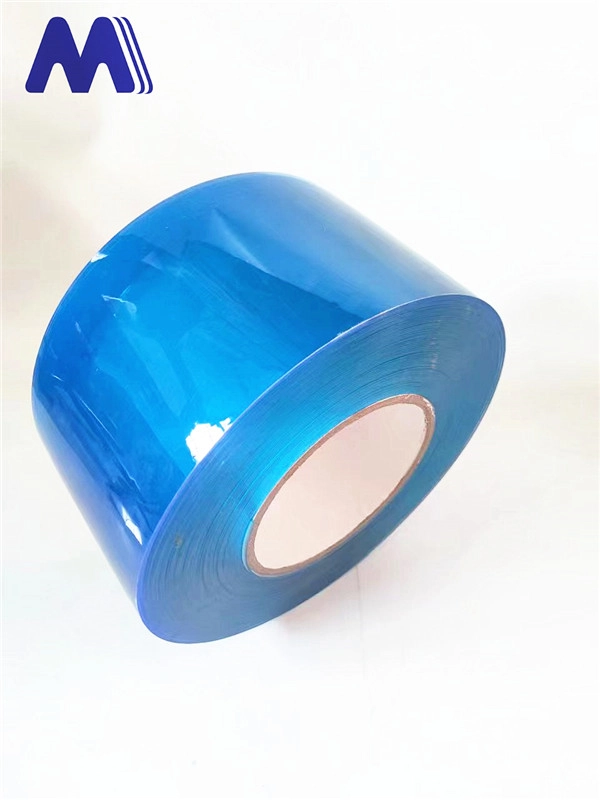- Afrikaans
- Albanian
- Amharic
- Arabic
- Armenian
- Azerbaijani
- Basque
- Belarusian
- Bengali
- Bosnian
- Bulgarian
- Catalan
- Cebuano
- Corsican
- Croatian
- Czech
- Danish
- Dutch
- English
- Esperanto
- Estonian
- Finnish
- French
- Frisian
- Galician
- Georgian
- German
- Greek
- Gujarati
- Haitian Creole
- hausa
- hawaiian
- Hebrew
- Hindi
- Miao
- Hungarian
- Icelandic
- igbo
- Indonesian
- irish
- Italian
- Japanese
- Javanese
- Kannada
- kazakh
- Khmer
- Rwandese
- Korean
- Kurdish
- Kyrgyz
- Lao
- Latin
- Latvian
- Lithuanian
- Luxembourgish
- Macedonian
- Malgashi
- Malay
- Malayalam
- Maltese
- Maori
- Marathi
- Mongolian
- Myanmar
- Nepali
- Norwegian
- Norwegian
- Occitan
- Pashto
- Persian
- Polish
- Portuguese
- Punjabi
- Romanian
- Russian
- Samoan
- Scottish Gaelic
- Serbian
- Sesotho
- Shona
- Sindhi
- Sinhala
- Slovak
- Slovenian
- Somali
- Spanish
- Sundanese
- Swahili
- Swedish
- Tagalog
- Tajik
- Tamil
- Tatar
- Telugu
- Thai
- Turkish
- Turkmen
- Ukrainian
- Urdu
- Uighur
- Uzbek
- Vietnamese
- Welsh
- Bantu
- Yiddish
- Yoruba
- Zulu
Flexible PVC Film for Versatile Applications in Packaging and More
The Versatility and Applications of PVC Soft Film
Polyvinyl chloride, widely known as PVC, is a synthetic plastic polymer that is used in a variety of applications due to its durability, lightweight nature, and cost-effectiveness. Among its many forms, PVC soft film has emerged as a popular option in multiple industries, thanks to its unique properties and versatility. This article explores the characteristics, production methods, and various applications of PVC soft film, highlighting its benefits and impact on modern manufacturing.
Characteristics of PVC Soft Film
PVC soft film is characterized by its flexibility, transparency, and resistance to moisture and chemicals. It is often produced with varying thicknesses, allowing it to be tailored for specific uses. The material is also inherently lightweight, making it easy to handle and transport. One of the most notable features of PVC soft film is its ability to be easily printed on, embellished, and manipulated, which allows for vibrant graphics and branding options. This is particularly advantageous for industries requiring customized packaging solutions.
Moreover, PVC soft film offers excellent weatherability and can withstand UV light exposure without significant degradation. This makes it suitable for both indoor and outdoor applications, where exposure to the elements can be a concern. Its mechanical strength and durability ensure that products made from PVC soft film maintain their integrity over time, even when subjected to stress or environmental factors.
Production Methods
The manufacturing of PVC soft film typically involves several processes, including compounding, calendering, and extrusion. In the compounding stage, raw PVC resin is blended with various additives, such as plasticizers, stabilizers, and fillers, to enhance flexibility, stability, and performance. Once the mixture is prepared, the calendering process involves passing it through a series of rollers to form a thin, flat sheet. Alternatively, extrusion can be used, where the PVC mixture is heated and forced through a die to create a continuous film.
After the film is produced, it can undergo additional treatments, such as lamination or coating, to further enhance its properties. For instance, UV-resistant coatings can be applied to improve outdoor durability, while surface treatments may provide anti-static or anti-fog properties.
pvc soft film

Applications of PVC Soft Film
The applications of PVC soft film are vast and diverse, spanning various industries including packaging, construction, healthcare, and advertising. In the packaging sector, PVC soft film is often used for food packaging, shrink wrap, and vacuum-sealed applications, providing a barrier that helps prolong shelf life and maintain product freshness. Its clarity allows consumers to easily view the contents, making it a popular choice for retail packaging.
In the construction industry, PVC soft film is employed as a vapor barrier, protective sheeting, and in applications requiring weatherproofing. Its lightweight and moisture-resistant properties are essential in preventing water ingress and ensuring structural integrity. Additionally, PVC soft film is often used in temporary structures, such as tents and enclosures, which require quick assembly and disassembly.
In the healthcare sector, PVC soft film is a key component in medical packaging, such as sterile wraps and pouches, providing hygiene and protection for sensitive medical devices. Its compliance with health and safety regulations further underscores its suitability for medical applications.
Furthermore, PVC soft film plays a significant role in the advertising industry. From banners to point-of-sale displays, its excellent printability and durability make it an ideal medium for promotional materials. The ability to produce vibrant colors and striking images ensures that brands can effectively communicate their messages to consumers.
Conclusion
PVC soft film is a remarkable material that has found its way into numerous industries due to its versatility and beneficial properties. Its lightweight and flexible nature, combined with excellent resistance to environmental factors, make it an ideal choice for a range of applications. As technology continues to advance and the demand for innovative materials grows, PVC soft film will undoubtedly remain a critical player in the landscape of modern manufacturing and packaging solutions. Its ability to adapt and meet the needs of various sectors highlights its ongoing importance in today’s economy.
-
PVC Strip Curtains for Food Industry Hygienic & Durable SolutionsNewsMay.14,2025
-
Plastic Door Curtain Manufacturers Magnetic & Welding SolutionsNewsMay.13,2025
-
PVC Strip Curtain Prices Durable & Cost-Effective SolutionsNewsMay.13,2025
-
Commercial Plastic Door Flaps & Thresholds Durable & Cost-EffectiveNewsMay.13,2025
-
Flexible PVC Sheet Rolls Durable & Weather-Resistant SolutionsNewsMay.12,2025
-
Buy Durable PVC Strip Curtains for Doors & Freezers On Sale NowNewsMay.12,2025



